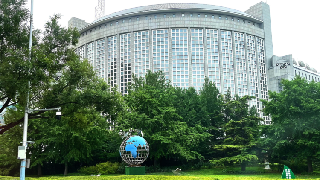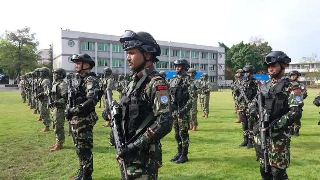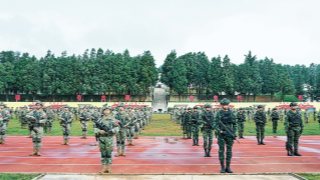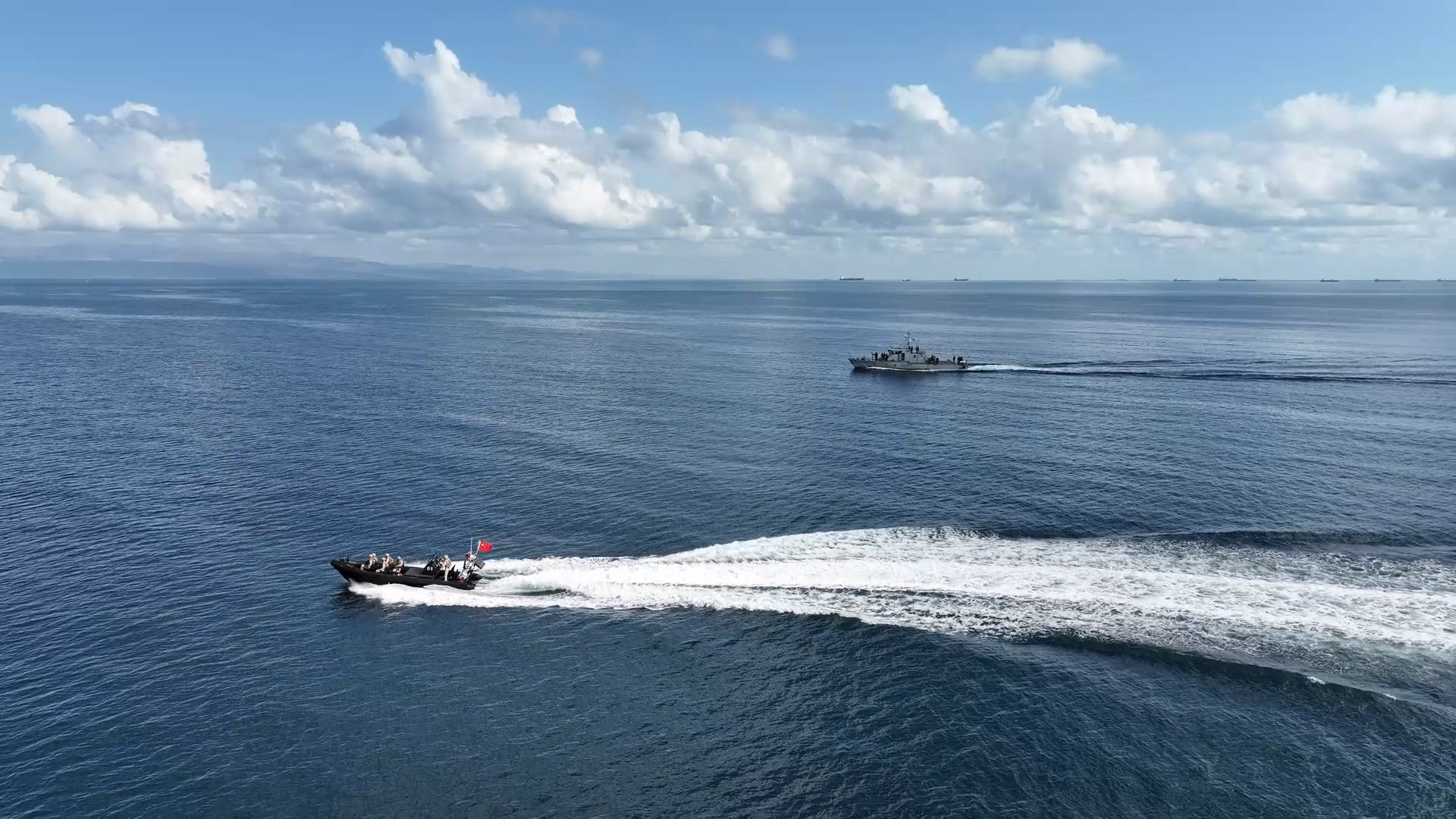Recently, US Secretary of Defense James Mattis ordered a comprehensive assessment of the US special operations forces distributed worldwide. The result is likely to lead to a substantial reduction of the number of the US counter-terrorism forces in Africa over the next three years.
According to the United States Africa Command (USAFRICOM), the US Department of Defense has already asked the USAFRICOM about how it will carry out the anti-terrorist missions in Africa if the number of special operations forces are slashed by 25 percent in the next 18 months and by 50 percent in the next three years.
On one hand, the reduction of the US counter-terrorism troops in Africa is to meet the adjustment of the US strategy for security and national defense.
At the end of 2017, the US government released the new National Security Strategy, which pointed out that " Inter-state strategic competition, not terrorism, is now the primary concern in US national security strategy." "Major country competition" is an important consideration for why the US wants to contract its counter-terrorism forces in Africa.
On the other hand, frequent attacks suffered by its troops stationed overseas are the direct cause for the US to abandon some counter-terrorism missions in Africa.
At present, about 7,300 soldiers of the US special operations forces are distributed in 92 countries and regions around the world, including 1,200 or so in Africa for counter-terrorism missions. The highly scattered deployment resulted in confused command and coordination during combat operations and thus increased security risks.
The latest report of the US think tank Rand Corporation shows that the probability of attacks on US troops stationed in the Middle East and Africa has increased above 20% over the past decade. There was at least one attack on the US troops every two weeks on average. These incidents have not only caused psychological problems for some soldiers, but also affected the military conscription in the US.
Four special operations soldiers of the USAFRICOM were killed in the Niger attack in last October, which completely shocked the entire US military. The US DoD launched an in-depth investigation of the incident. Defense Secretary James Mattis asked relevant parties to carefully reflect on it and put forward concrete measures for rectification.
Despite all this, in the new National Defense Strategy of the US, "Preventing terrorists from directing or supporting external operations against the United States homeland, citizens, allies and partners overseas" was still listed as one of the DOD's eleven objectives.
Although the IS suffered military fiasco, a lot of its members were scattered to different places, posing a huge security threat to the international community. A specialist of Peace and Security Affairs of the African Union (AU) revealed in December 2017 that after IS was defeated, more than 6,000 African militants of the organization might return to African continent.
Facing the situation, "The US seeks to work by, with and through our partners in Africa to find African solutions to African problems. The military operations against terrorist organizations are conducted by host nation force, and the US forces work with partner nations to train, equip, advise, enable and accompany them on operations and improve their effectiveness and professionalism," said David J. Trachtenberg, Deputy under Secretary of Defense for Policy of the US DoD, during a House Foreign Affairs Committee hearing on counterterrorism efforts in Africa.
This indicates that the US will transfer the major responsibilities and risks of counter-terrorism to its African partners in the near future, ease the inadequacies of the US military strength and maintain its military presence in Africa through providing counter-terrorism aid or troop rotation arrangements.
From this perspective, it is indicated that the reduction of counter-terrorism forces in Africa by today's Trump administration is very similar to the cuts in the military forces in Afghanistan by Obama administration in 2014, yet it implies the risk of terrorism making a comeback in Africa.
Therefore, whether the American military will cut its anti-terrorist forces in Africa, to what extent, and whether it will reinforce its deployment in African, all remain to be seen.
(The author is Mu Xiaoming from the College of Politics of the National Defense University of the PLA. The article is published on the PLA Daily, translated from Chinese into English and edited by the China Military online. )









